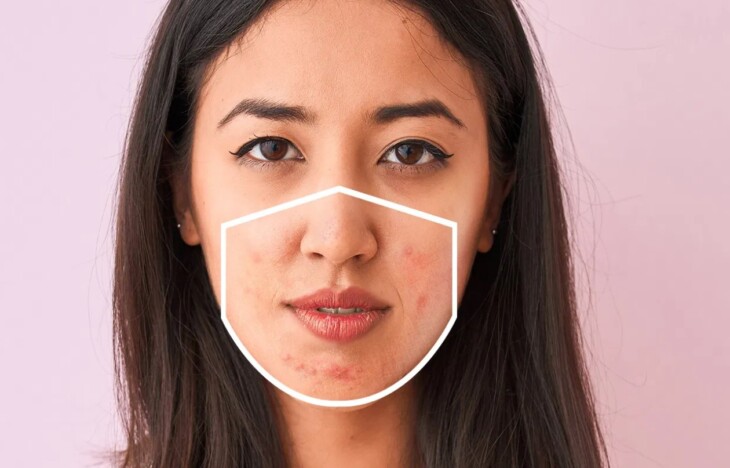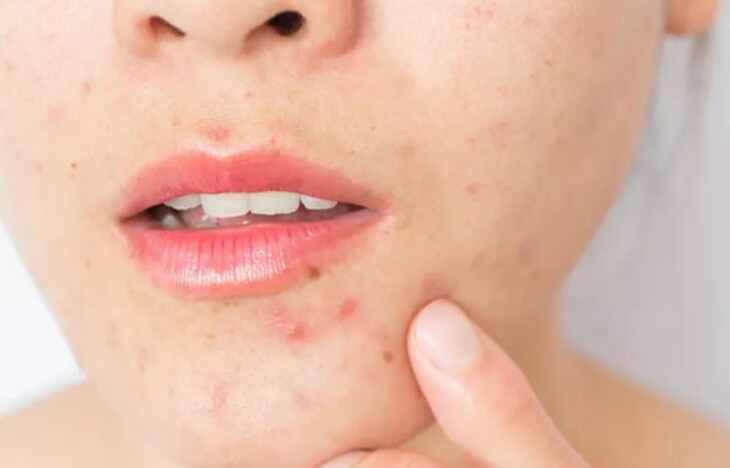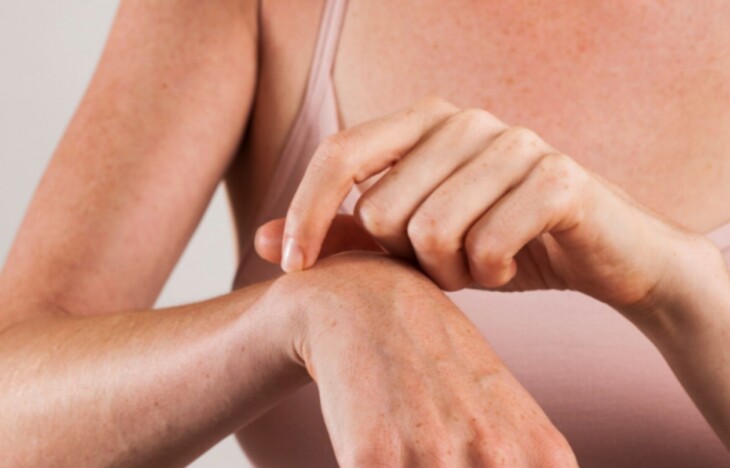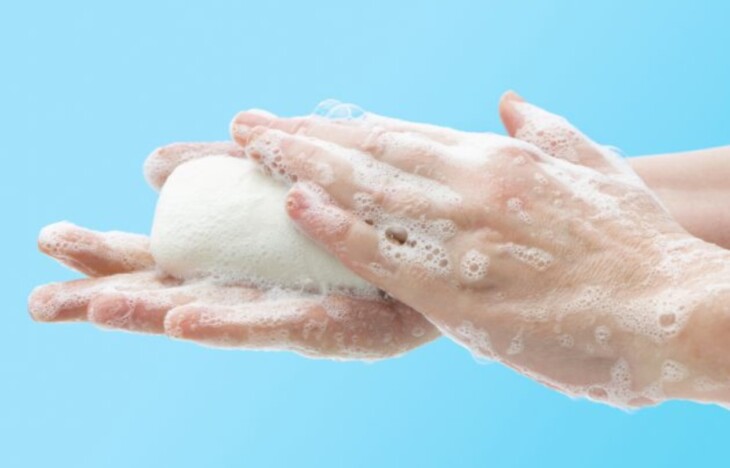Between protecting yourself from the virus, getting to grips with working from home, trying to keep your mental health in shape, and implementing the required lifestyle changes, chances are that your skin hasn’t been a big priority during the Covid-19 pandemic. However, while there may be plenty of other things to worry about, your skin deserves your attention too. You may not realize it just yet, but the pandemic will have affected your skin in numerous ways. Here’s how, along with some tips on what you can do to keep your skin looking and feeling its best.
Contents
1. Maskne

Source: ZERRIN
Let’s begin with the dreaded maskne – a term coined to describe the acne breakouts caused by wearing a face mask. It’s become quite a common issue, because although face masks are a must when out in public in many countries, they can also trigger breakouts in a few different ways.
For starters, each time you breathe underneath your face mask, it creates a warm and humid environment that acne-causing bacteria thrives in. Throw friction and dirt into the mix, along with any makeup products you may be wearing, and pimples won’t be far behind.
When it comes to treating maskne, the usual acne treatments should work just fine. If you’re not sure which to choose, you’ll find plenty of guidance, along with product reviews and recommendations, on pierremichelbeauty.com.
Of course, prevention is always better than cure. Keep your mask as clean as possible, changing it for a fresh one at least twice a day. Ensuring that your pores are clean before wearing your mask will help to prevent blockages, while a light layer of moisturizer will reduce friction and provide a physical barrier between your face mask and your skin. Don’t use any formulas that are too thick – your mask will only end up pushing the excess product into your pores, resulting in more breakouts.
2. Contact Dermatitis From Wearing a Face Mask

Source: CNET
If maskne wasn’t enough to deal with, many have also been experiencing allergic reactions to their face masks. It could be the fabric or it could be the dyes – either way, contact dermatitis, meaning red, itchy, and flaky skin, is usually the result.
Although you can’t stop wearing a face mask, you can switch to a mask made from a different fabric. Synthetic materials are usually the biggest culprit, so look for something made from natural fibers instead, such as cotton or silk. If your contact dermatitis is around your ears, where the elastic of your mask sits, then swap this for a mask that wraps around the head instead.
If it’s safe to do so, then try to also give your skin a face mask break every couple of hours. Even if this is just for 10-15 minutes, it will make a difference.
In terms of treating existing contact dermatitis flare-ups, apply a thick moisturizer to the affected areas. This will prevent your skin from drying out, allowing it to heal faster. If the itching feels unbearable, an anti-itch cream can help with this. Whatever you do, don’t scratch at your skin – this will only make things worse.
3. Dry Skin From Staying Indoors

Source: Self
People have been spending more time indoors because of the pandemic. While this definitely helps to keep you safe, it also means that your skin is subjected to indoor heating or air-conditioning for a larger portion of the day.
Both heating and air-conditioning systems dry out the air in a room. As a result, the moisture within your skin evaporates out at a much faster rate, leaving your skin parched. If you’ve noticed dry and flaky patches on your face or body and have been spending extra time in a heated or air-conditioned room, then this is why.
Turning your heating/cooling system off is the best option, but no one wants to be stuck indoors in uncomfortable temperatures. So, consider investing in a humidifier instead. These add moisture back into the air, therefore reducing transepidermal water loss (the rate at which moisture evaporates from your skin).
Keeping your skin moisturized is also important. In addition to giving your skin a dose of moisture, a moisturizer will also form a thin film over the surface of your skin. This then prevents transepidermal water loss, keeping your skin cells plump and hydrated.
4. Cracked and Irritated Hands Caused by Hand Washing & Hand Sanitizers

Source: VUMC Voice
The pandemic has likely led to you washing your hands more than ever before. Unfortunately, many people don’t realize that all of that washing actually dries the skin out.
Yes, you may be applying water to your skin, but when all of those water molecules evaporate, they take moisture from within your skin with them too. It doesn’t help that hand sanitizers have become the norm – their high alcohol levels, which are needed to fight Covid-19, severely dry out the skin. As a result, hands start to look cracked, raw, and irritated.
If you can relate, it’s time to find a good hand cream. Apply this after you wash your hands, ideally while your skin is still damp. This means that, rather than all of those extra water molecules evaporating away, they’re trapped underneath your hand cream. This will push that water deeper into your skin, giving your hands some extra moisture.
5. Increased Blue Light Exposure Triggers Redness and Discoloration

Source: Dermstore
People have been living their lives in front of a screen during the pandemic. Considering the fact that the internet has proven to be a lifeline for so many stuck at home, this is fair enough!
The problem lies with the blue light emitted by electronic devices. This specific wavelength has been proven to trigger hyperpigmentation in the skin, meaning discoloration and dark spots.
Fortunately, in addition to installing a blue light filter on all of your devices, there are also many brightening and lightening products that you can turn to. Combine these with a variety of antioxidants and you’ll be well on your way to a balanced and even skin tone.
Summary
While keeping yourself safe from Covid-19 should still be a priority, it’s also important not to neglect your skin during this pandemic. Whether you’re aware of it or not, the pandemic will have more than likely affected your skin in some way. Being aware of this is a great start – you can now take the necessary steps to keep your skin safe and protected, just like you’ve been doing for yourself.
